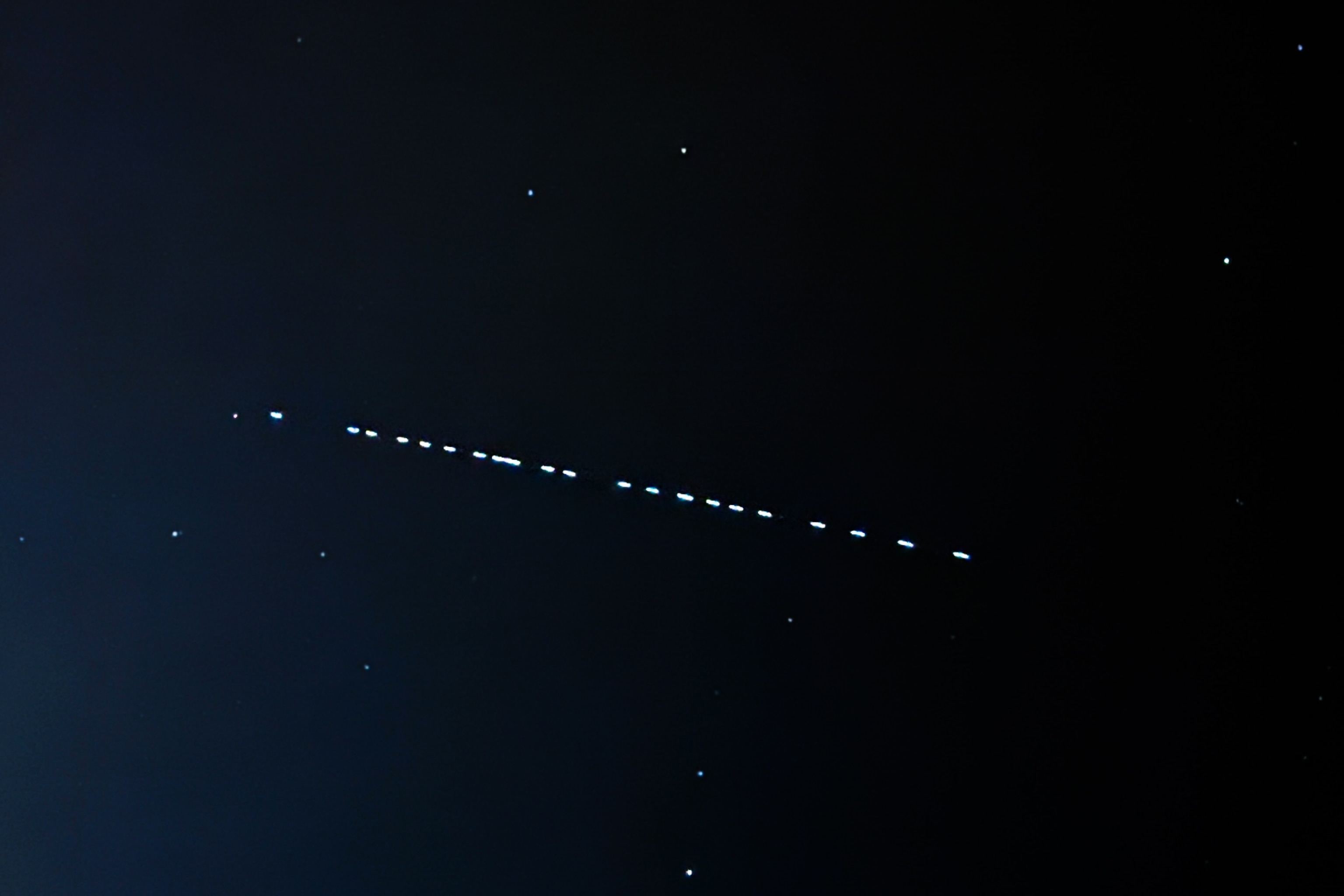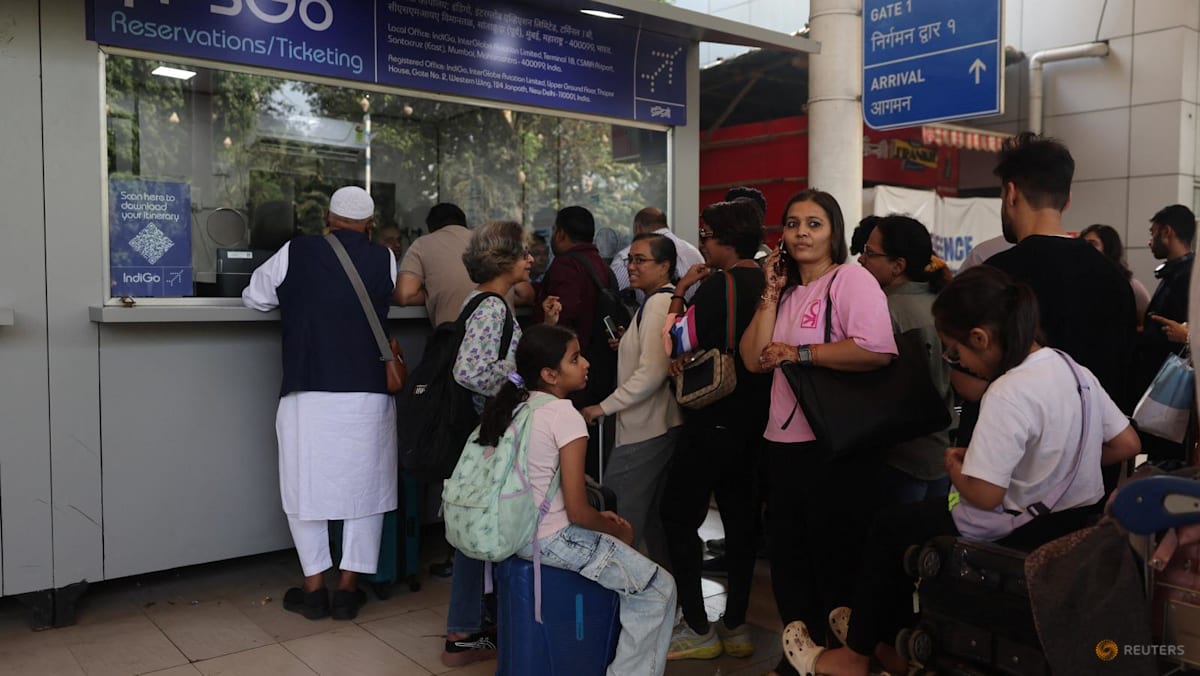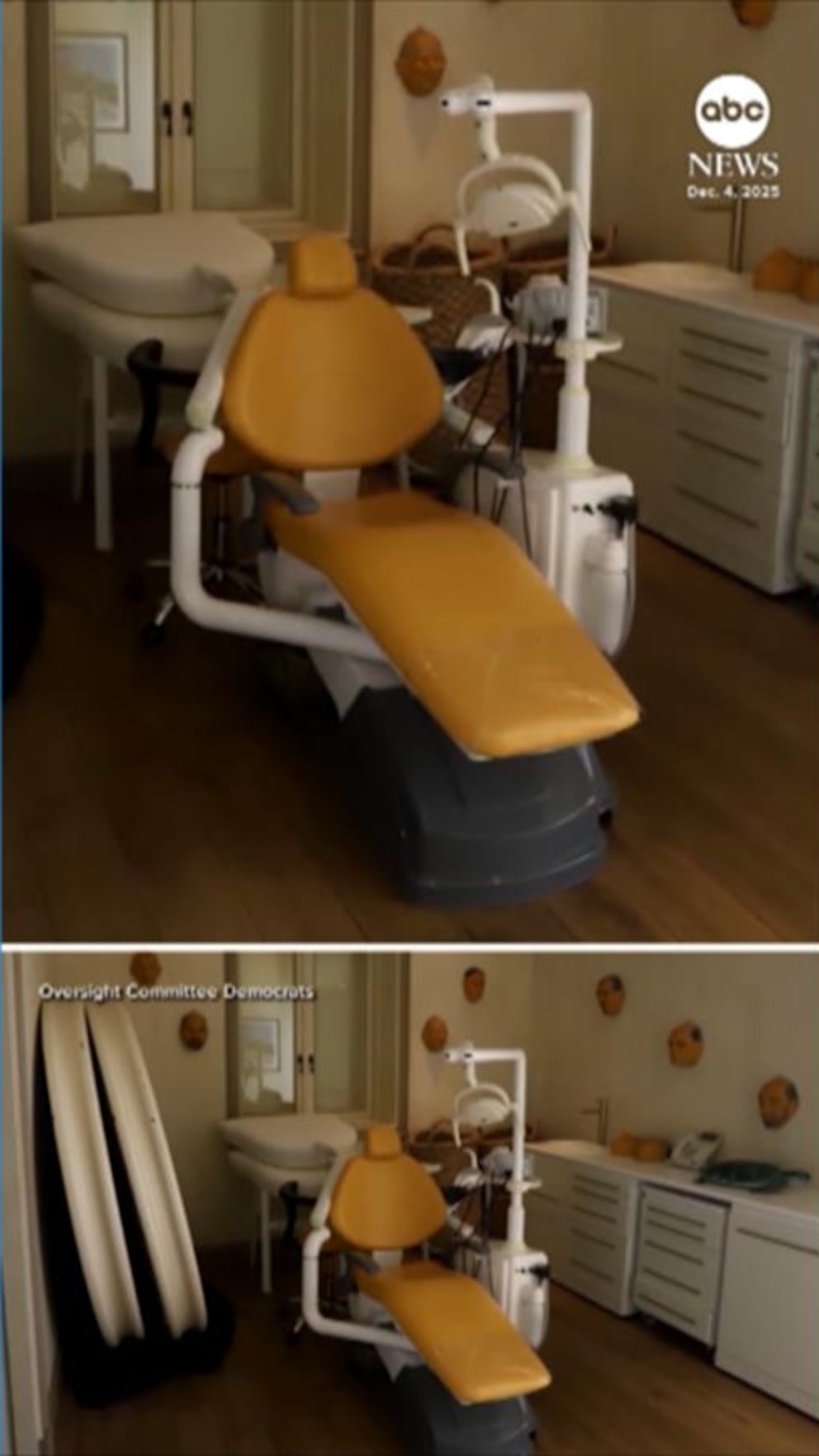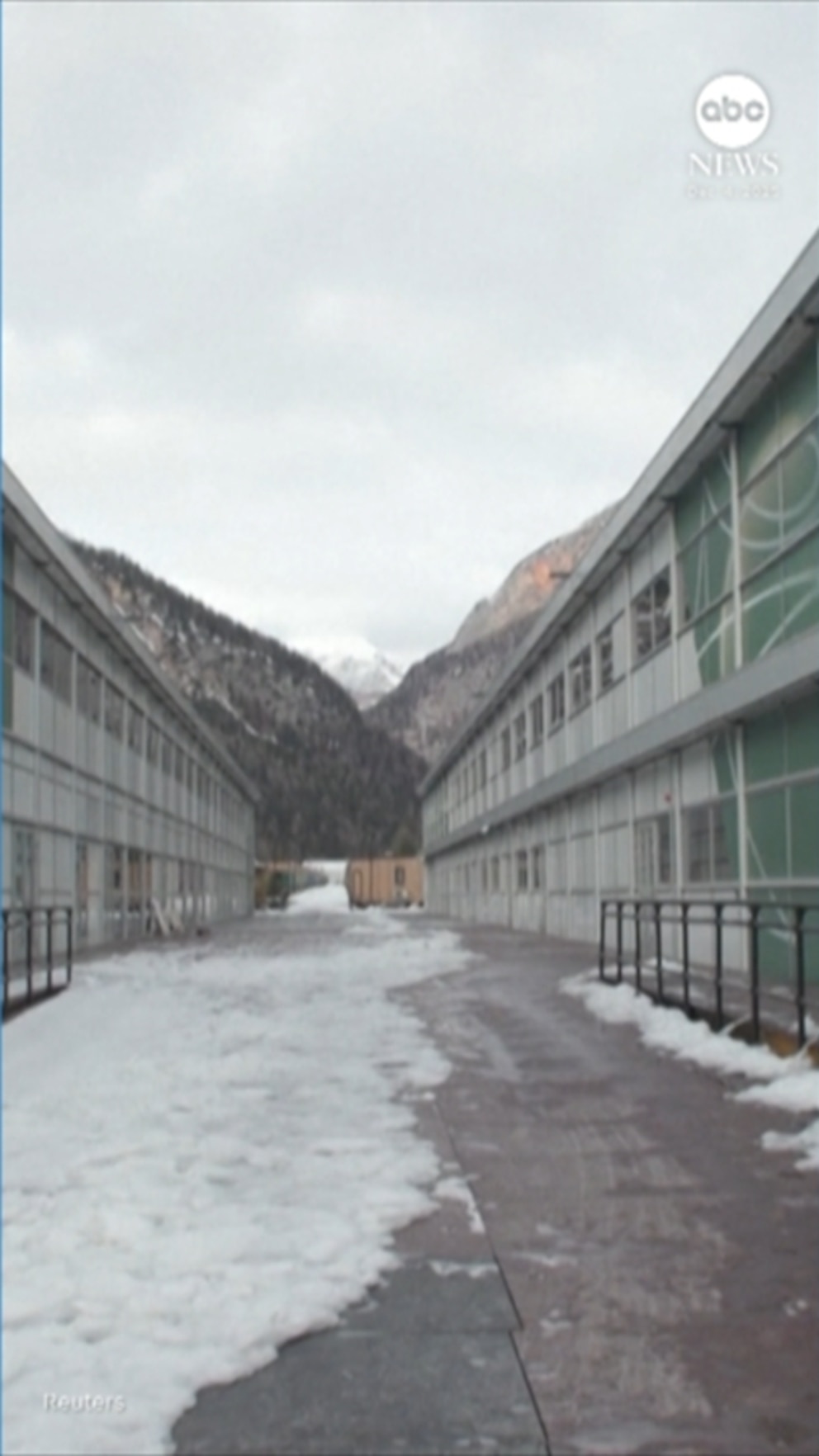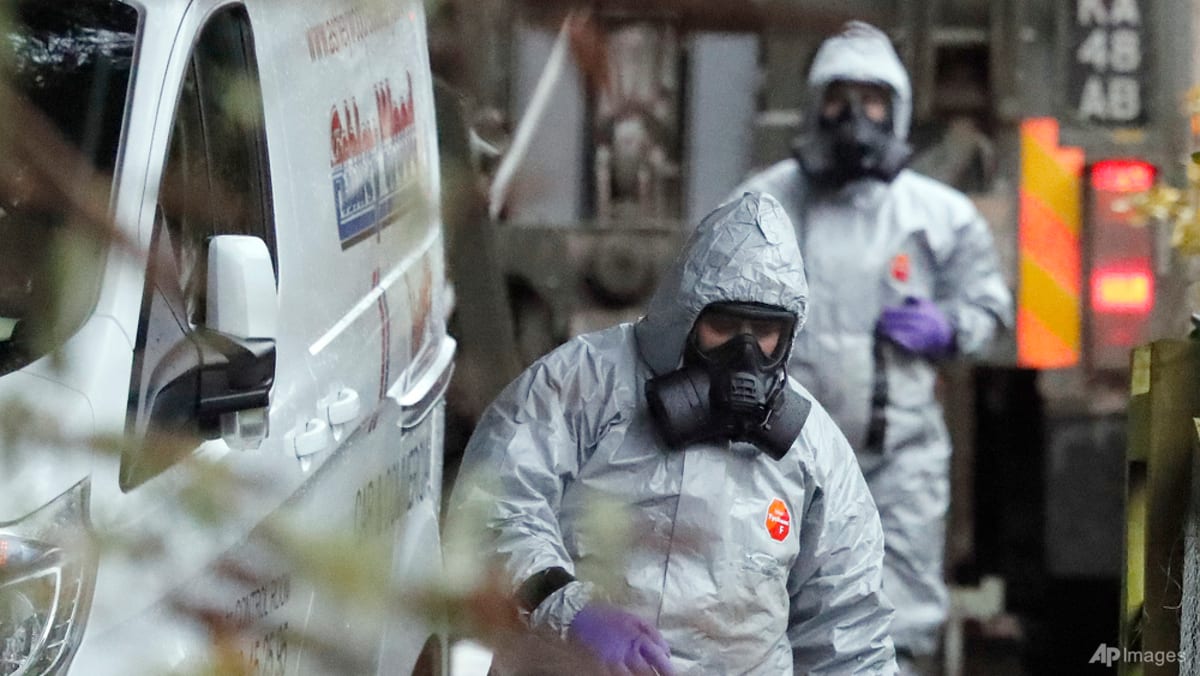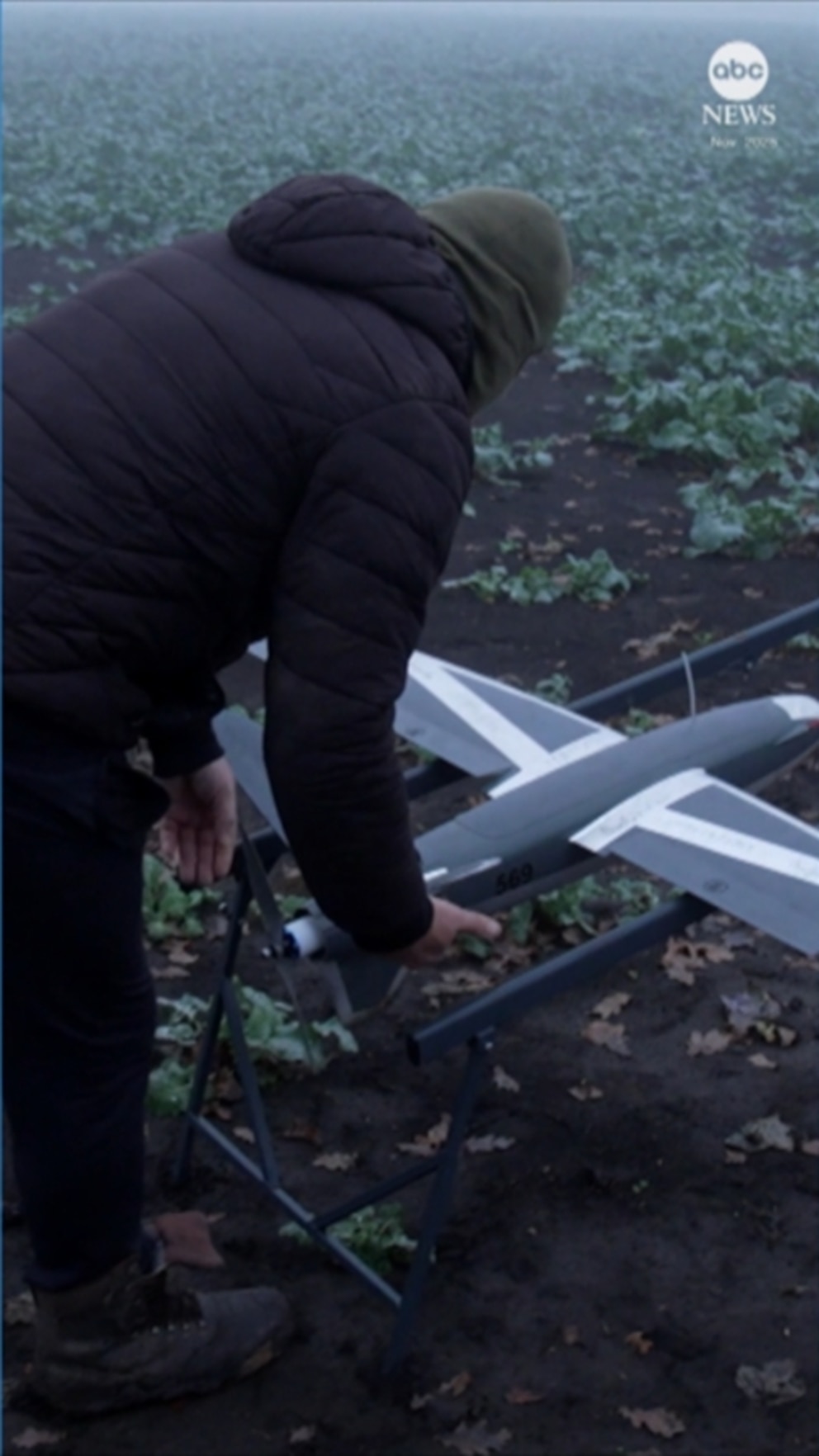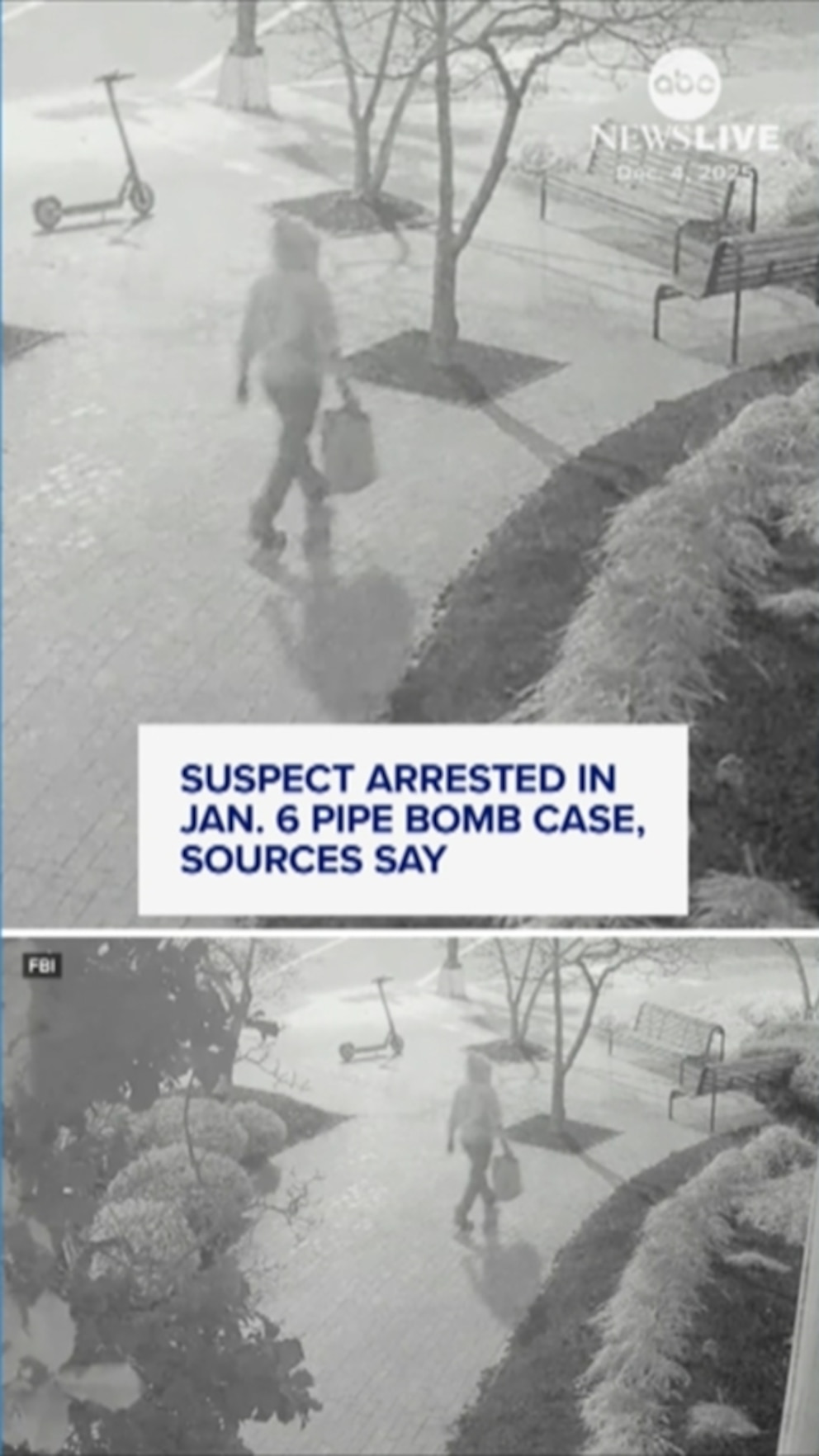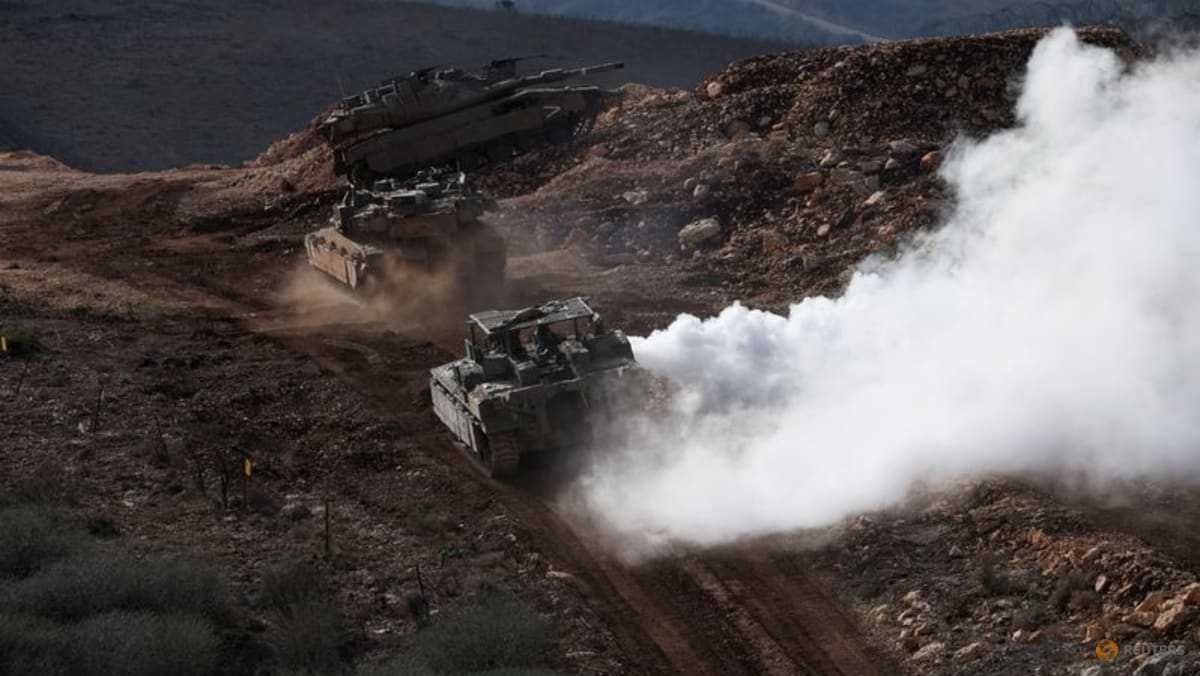Banana fungus may worsen hunger crisis in Venezuela
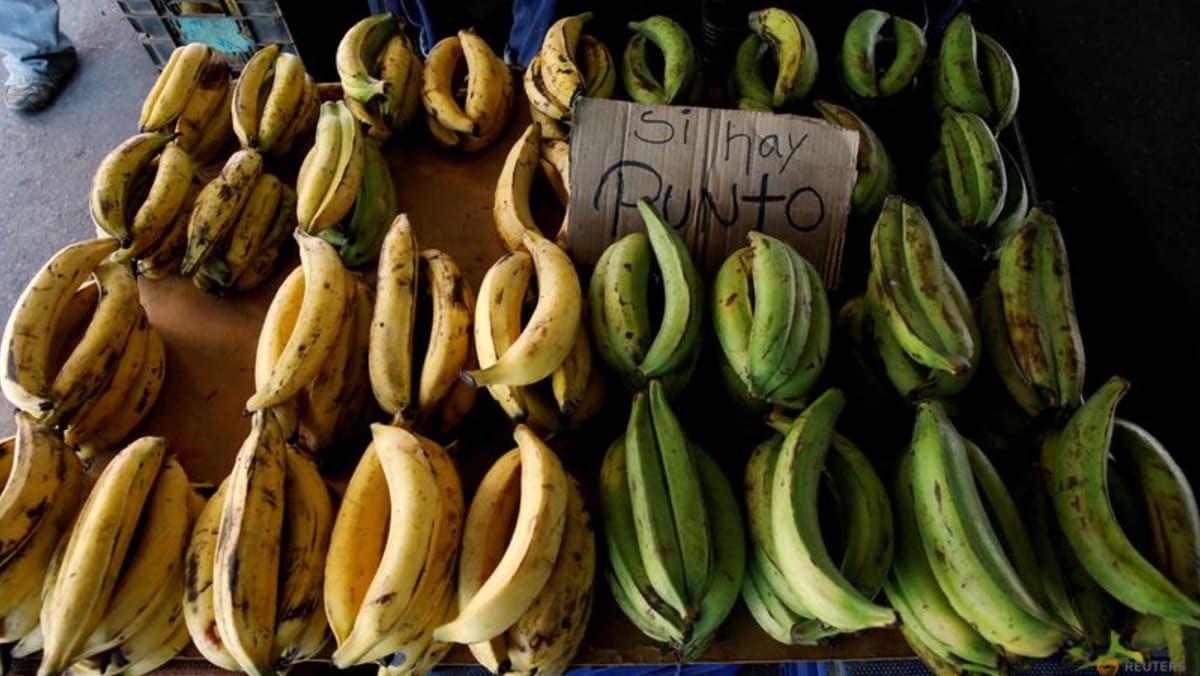
ENERGY AND INCOME
For small-scale farmers, bananas and plantains are as much a source of energy, carbohydrates and sugar as they are a source of income, said Alexis Bonte, the United Nations’ Food and Agriculture Organization (FAO) representative in Venezuela.
“If people don’t have their banana, they don’t have a source of energy and they don’t have money to buy that energy from other sources, so it’s a double punishment,” said Bonte.
The fungus, which gradually dries out plants and is spread through infected soil, is affecting some 150 hectares and about 1,000 small producers so far, she said.
The only way to eradicate fusarium is to rip out plants and sow other crops like corn or grains which are not susceptible to the fungus, the FAO says. Fusarium does not harm humans.
It is unclear how fusarium, detected in neighbouring Colombia three years ago and in Peru last year, arrived in Venezuela, but it could have come via a contaminated plant, truck or even on footwear.
There are about 28,000 hectares planted with plantain and some 32,000 planted with banana in Venezuela, said Saul Lopez, president of the agricultural engineers association, which warned in 2019 the fungus was likely to arrive and urged the government to apply sanitary controls.
The government has banned the transport of seeds between the three states where fusarium has been detected, according to growers associations.
But producers said trucks and workers must be washed down and more controls are needed on the Colombian border.
Neither the information ministry nor the agriculture ministry responded to requests for comment.
The fungus has not yet been detected in Venezuela’s largest banana and plantain-growing state, Zulia, which has about 10,000 hectares of the crops, according to the Fumplaven plantain promotion association.
“Here everyone is scared of the fungus because it will destroy everything,” said Zulia grower Domingo Mora, 36. “Having the fungus would mean more hunger and more losses than we already have.”
Source: CNA


